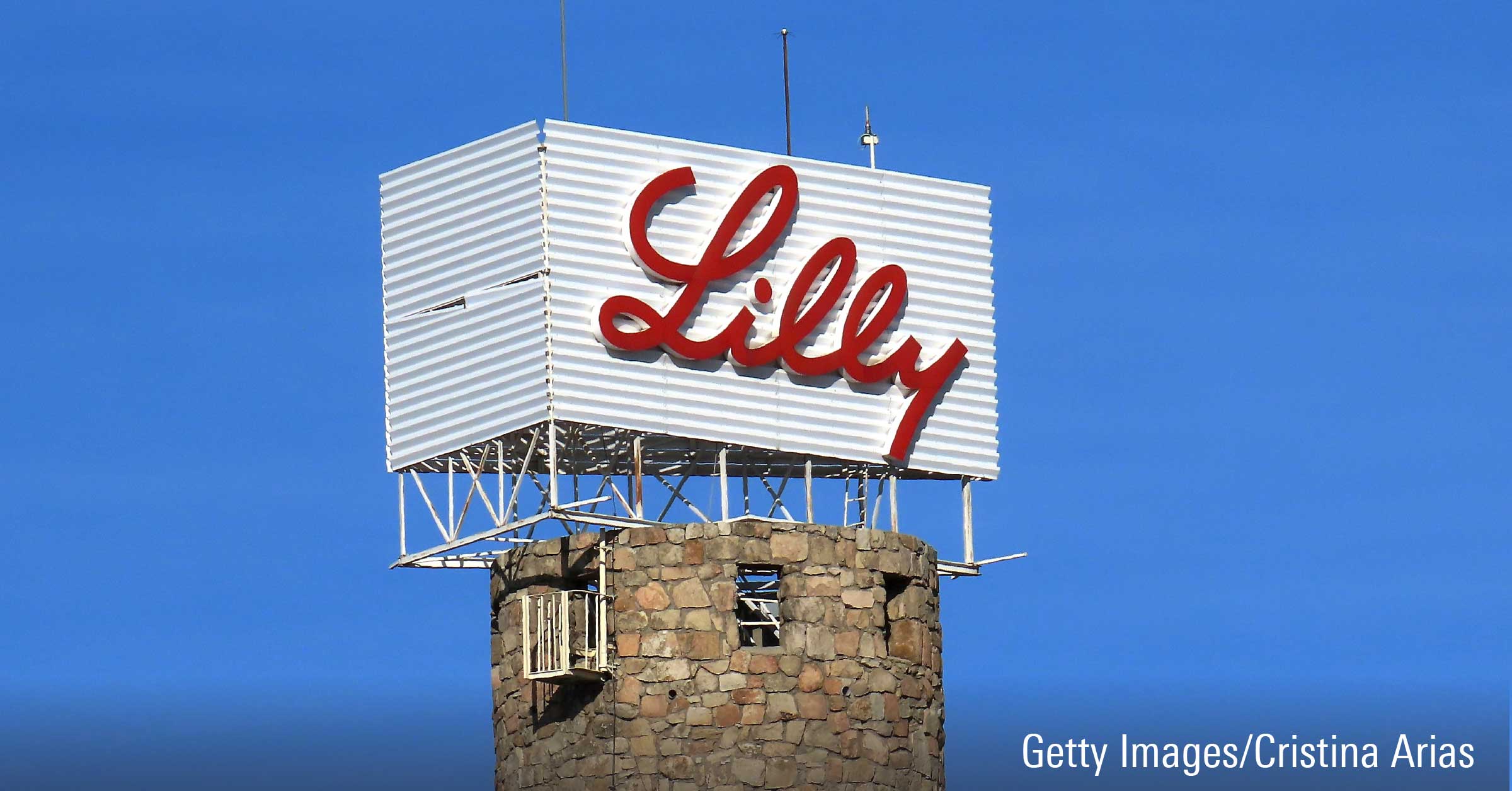Eli Lilly’s Insulin Price Cut Should Address Government’s Critical Eye
Despite a 70% cut to insulin prices, we don’t expect any changes to our $289 fair value estimate.

Eli Lilly Stock at a Glance
- Current Morningstar Fair Value Estimate: $289
- Eli Lilly Stock Star Rating: 2 stars
- Economic Moat Rating: Wide
- Moat Trend Rating: Stable
Eli Lilly Cuts Insulin Prices
We don’t expect Eli Lilly’s LLY decision to cut insulin prices by 70% to have a significant impact on our $289 fair value estimate for the company. Even though insulins represent over 15% of total sales for Lilly, we believe the announced price reduction will not materially hit the firm’s cash flows, largely due to the pricing structure around insulin, which is heavily rebated.
While the exact level of insulin rebates is unclear, we believe rebates represent close to 80% of insulin list prices. The level of rebating that will occur following the 70% price cuts (to be enacted in the fourth quarter) will likely shrink, leaving Lilly less affected than the price cuts would suggest.
Political Pressures on Insulin Pricing
We believe Lilly is cutting the price of insulin due to increased political pressure and an insurance system that has created a disproportionately high spread between the list price and rebated price.
In the political sphere, insulin pricing has been singled out in recent legislation (Inflation Reduction Act) and during President Joe Biden’s State of the Union.
Additionally, the spread between insulin list prices (which determine the prices some patients pay out of pocket if they lack insurance or have high deductible plans) and net prices (received by Lilly from health insurers) has grown so dramatically that Lilly can make a major list price cut without significantly disrupting its sales, as we believe the bulk of the price reduction will reduce rebates. While insurers will likely lose rebates, we believe they will need to take the hit given high government attention to insulin and the affordability concerns of patients exposed to list prices.
Addressing the pricing concerns around insulin should help Lilly maintain pricing power with new innovative drugs, the core pillar of the firm’s wide moat. As long as older medicines (like insulin) face major price declines following an exclusivity period, we believe new drugs should maintain strong pricing power.
MORN DODFX VINIX VWILX TSVA EGO WU Brightstart429plan MRO VZ MOAT T NKE CMCSA GOOG
The author or authors do not own shares in any securities mentioned in this article. Find out about Morningstar’s editorial policies.

/s3.amazonaws.com/arc-authors/morningstar/a90c659a-a3c5-4ebe-9278-1eabaddc376f.jpg)
/cloudfront-us-east-1.images.arcpublishing.com/morningstar/4JOND5R2SBFPZE63XWPYQDG56A.png)
/cloudfront-us-east-1.images.arcpublishing.com/morningstar/K36BSDXY2RAXNMH6G5XT7YIXMU.png)
/cloudfront-us-east-1.images.arcpublishing.com/morningstar/BG4IFJHA25B6RKD3XNUYKROBBM.jpg)
:quality(80)/s3.amazonaws.com/arc-authors/morningstar/a90c659a-a3c5-4ebe-9278-1eabaddc376f.jpg)